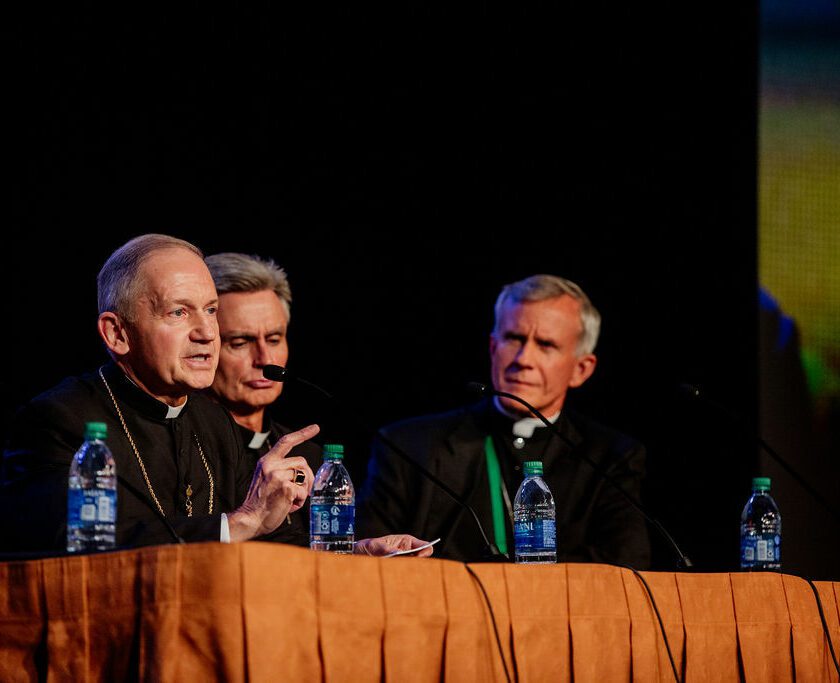Will the Los Angeles Dodgers ever be the same?
I doubt it. One of the most-storied sports brands in history is reeling. It’s the result of management’s foolish decision to invite an anti-Catholic hate group to an LGBT Pride night, then rescind the invitation after criticism from the right, only to re-invite the group after blowback from the left.
The flip-flopping wasn’t the Dodger’s biggest mistake. The real issue is that the baseball team waded into politics in the first place.
I say this as a minority owner of two professional sports teams, one in the United States and one in the United Kingdom. I encourage anyone in professional sports to avoid any involvement in politics, for the simple reason that sports teams aren’t political groups. We aren’t in the business of taking sides in a cause, telling some people they’re wrong while others are right, and wading into the most divisive issues of the day.

Just the opposite: We’re in the business of business, and we should stay that way. While the teams I co-own don’t always steer clear of politics, my message to the Dodgers and every sports team and business is still simple: This is a losing game that will cost you dearly for decades to come.
It baffles me that the Dodgers forgot this basic truth. I’m a Californian, so I love the Dodgers as much as anyone else. But my fondness for the team, built over nearly seven decades, never had anything to do with its political stands. I appreciated that the Dodgers built a good team, showed fans a good time and regularly competed for the highest honors in the game.
That’s the point of a sports team. Score points, please the fans, win trophies. Scoring political points is the last thing a team should ever do.
Yet that’s exactly what a small but vocal group of activists now wants. They demand that sports teams – and every business, for that matter – pick sides in our country’s culture wars. They want companies to take stands on everything from abortion to marriage to sexuality to changing children’s genders with invasive surgeries. I don’t doubt the sincerity of their beliefs. But I’m deeply confused why so many companies kowtow to these demands.
Imagine if the Dodgers had never held a Pride night, ever. Would some people have criticized the team? Absolutely. Would some media outlets have taken potshots at the team? Sure. And would some people have even boycotted the Dodgers? Probably.

But the team wouldn’t be in the pickle it is today. If it had avoided politics, a handful of people would have been upset. Instead, the team jumped in headfirst on one of the most divisive issues. Now legions of fans in the Los Angeles area and beyond are likely to boycott the team, especially in LA’s enormous Catholic community.
Budweiser learned the same thing when it threw its support behind transgenderism. Bud Light sales have plummeted. But they didn’t have to. All the company had to do was stay silent on something it had no right to talk about. It’s a beer company, for God’s sake, not an arm of the Democratic Party.
There’s no point enraging your fan base, especially when people can advocate for their favored political positions in the political process. That’s where politics belongs – in the voting booth, in candidate’s campaigns and in the persuasion that happens around kitchen tables and on social media.
We don’t need it in the dugout, the field, or the boardroom. Fans, sports teams and business leaders have other things to worry about. You know, like supporting the players, strengthening the team, and running a business.
The Dodgers have learned this lesson the hard way. Here’s my advice to them and every sports team, in every league. Don’t hold Pride night anymore. Don’t hoist a conservative flag on some other issue, either. Just stick to sports, which is the only reason people come to the stadium or turn on the game. If you don’t, a lot of them won’t come back or will change the channel.
The Dodgers earned what’s coming their way.

